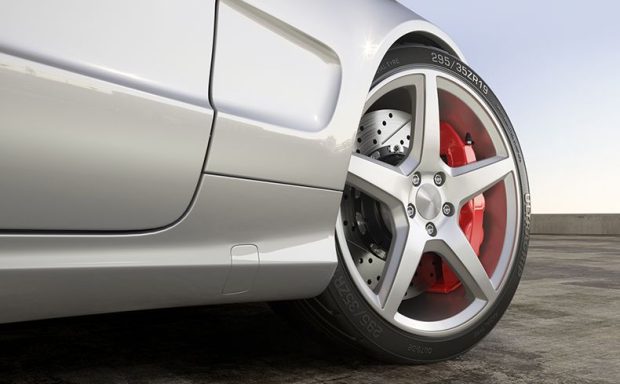As a responsible driver, it’s important to take care of all aspects of your vehicle, including the brakes. Brakes are an essential component of your car that keep you and others safe on the road. Therefore, it’s crucial to make sure your brakes are in good condition and well-maintained. In this article, we’ll discuss some tips for caring for your vehicle’s brakes.
1. Regular Brake Inspections
One of the most important things you can do to maintain your brakes is to get regular brake inspections. The frequency of these inspections will depend on several factors, including your driving habits, the type of car you have, and the conditions you drive in. As a general rule, it’s a good idea to have your brakes inspected at least once a year or more often if you drive in stop-and-go traffic or on hilly terrain.
During a brake inspection, a mechanic will check the brake pads, rotors, calipers, and other components to ensure they’re in good condition. They’ll also check for signs of wear and tear, such as rust, corrosion, and brake fluid leaks. If any issues are found, they’ll recommend repairs or replacements as needed.
2. Replace Worn Brake Pads
Brake pads are one of the most important components of your car’s braking system. They’re the part of the brake that actually makes contact with the rotor and helps slow down or stop your car. Over time, brake pads can wear down and become less effective, which can lead to longer stopping distances and reduced braking power.
To avoid this, it’s important to replace worn brake pads as soon as possible. How often you need to replace your brake pads will depend on several factors, including the type of car you have, how you drive, and the conditions you drive in. As a general rule, brake pads should be replaced every 50,000 miles or sooner if they’re worn down.
3. Keep Brake Fluid Levels in Check
Brake fluid is a hydraulic fluid that’s used to transfer pressure from the brake pedal to the brake calipers. Over time, brake fluid can become contaminated with moisture, dirt, and other contaminants, which can reduce its effectiveness and lead to brake failure.
To avoid this, it’s important to keep your brake fluid levels in check and replace the fluid as needed. Your car’s owner’s manual will have specific guidelines for how often the brake fluid should be changed, but as a general rule, it should be replaced every two years.
4. Don’t Ride Your Brakes
One bad driving habit that can be tough on your brakes is riding them. Riding your brakes means keeping your foot on the brake pedal while driving, even when you’re not actively braking. This puts extra pressure on the brake pads and can cause them to wear down more quickly than normal.
To avoid this, try to coast when you’re driving instead of riding your brakes. This means taking your foot off the accelerator and allowing the car to slow down naturally instead of using the brakes to slow down.
5. Avoid Overloading Your Vehicle
Another factor that can be tough on your brakes is overloading your vehicle. When you’re carrying too much weight in your car, your brakes have to work harder to slow down or stop the car, which can lead to increased wear and tear.
To avoid this, make sure you’re not carrying more weight in your car than it’s designed to handle. Check your car’s owner’s manual for specific weight limits and try to stay within those limits.
6. Drive Defensively
Finally, one of the best things you can do to protect your brakes is to drive defensively. This means anticipating potential hazards on the road and adjusting your driving accordingly. For example, if you see a red light up ahead, start slowing down early.

